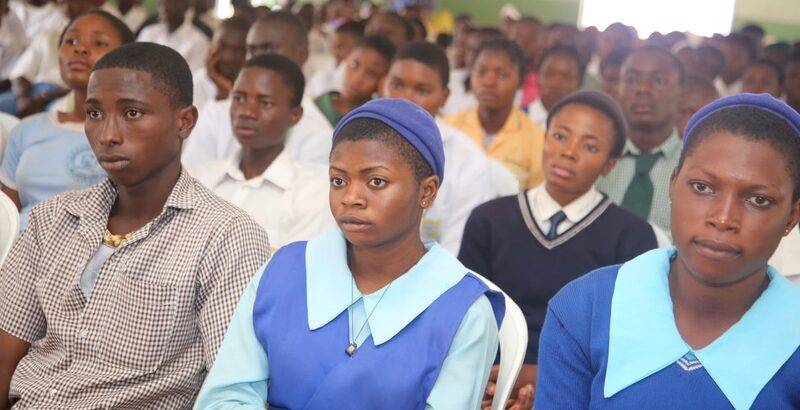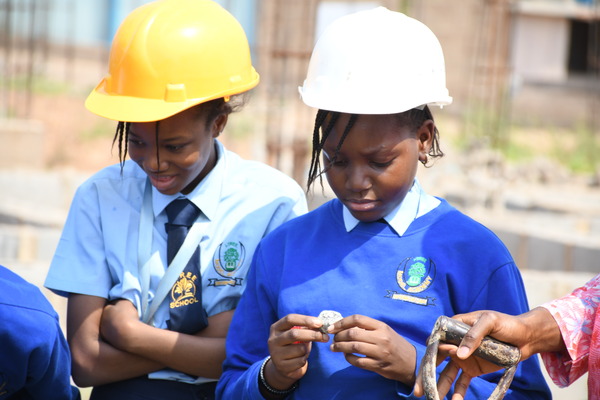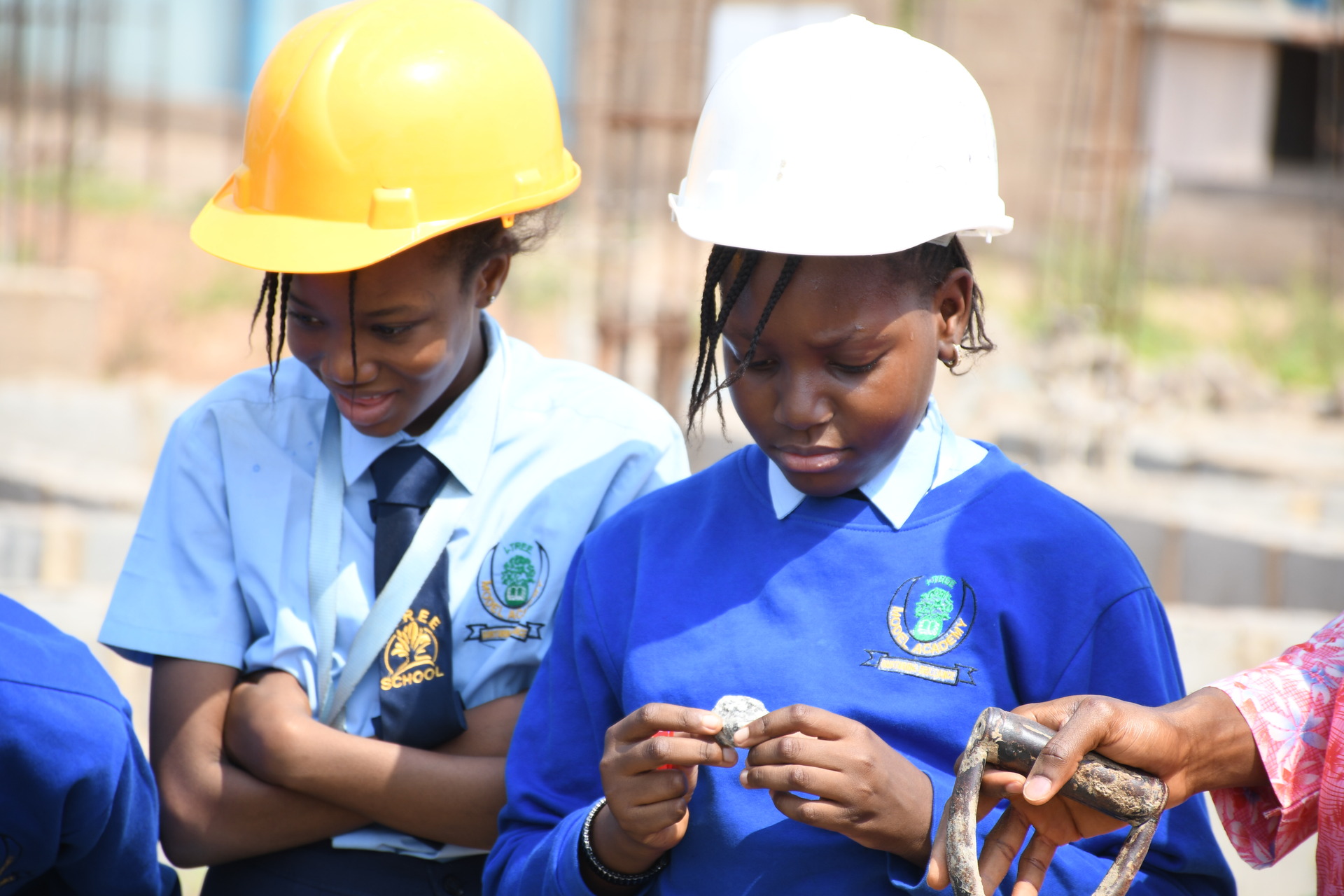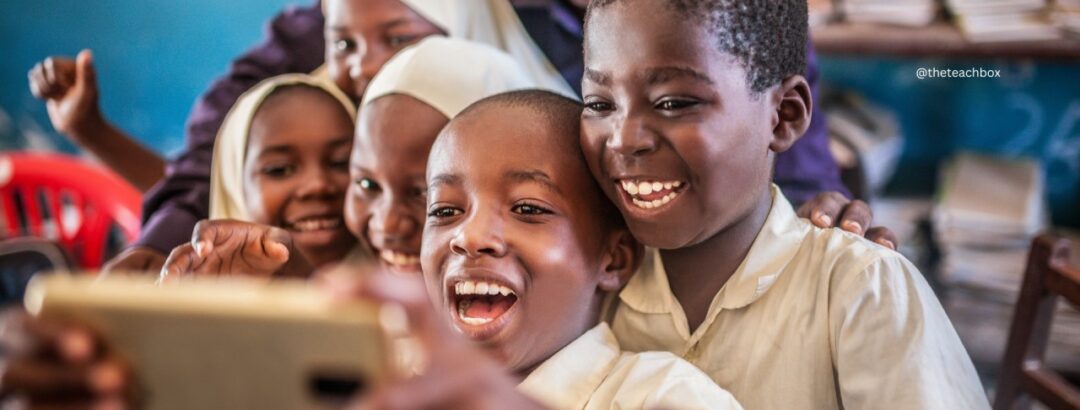Education is a powerful tool for social and economic transformation. In Kogi State, the government has adopted a multi-faceted approach to improve access to education, enhance school infrastructure, and provide necessary support for students at all levels. By implementing strategic initiatives, the state is working toward ensuring that no child is left behind due to financial constraints. These efforts focus on free education, examination fee support, bursaries, and several targeted programs aimed at revitalizing secondary education, empowering students, and fostering mentorship.
This article explores the various initiatives under Kogi State’s educational development strategy and how they are shaping the future of education in the state. technology
1. Free Education: A Commitment to Universal Learning
One of the cornerstones of Kogi State’s educational policy is free education. The government has ensured that children from primary through secondary school can attend public schools without the burden of school fees. This initiative is a game-changer, particularly for families struggling with financial hardships, as it removes a major barrier to education.
By making primary and secondary education free, the state is not only increasing school enrollment but also reducing dropout rates. Many children who would have otherwise abandoned school due to financial difficulties can now complete their basic education, setting the foundation for further academic or vocational pursuits.
2. Examination Fee Support: Reducing Financial Burden on Families
Beyond free education, the government also covers all internal and external examination fees for public school students. This includes fees for critical examinations such as the West African Senior School Certificate Examination (WASSCE) and the National Examination Council (NECO) exams.
Examination fees can be a significant burden for many families, often preventing students from sitting for their final exams and securing academic certifications. By removing this obstacle, Kogi State is ensuring that students can complete their education without financial stress, thereby improving their chances of gaining admission into higher institutions.
3. Bursaries: Financial Support for Higher Education Students
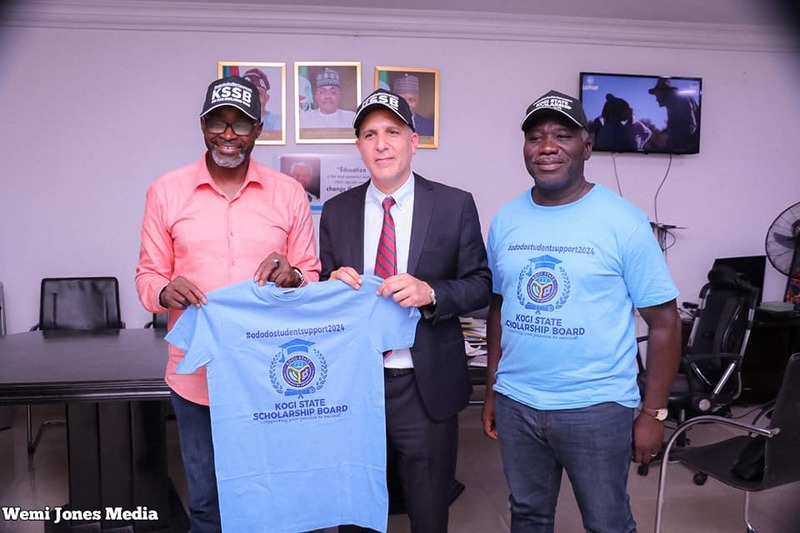
To support students beyond secondary school, Kogi State offers bursaries to thousands of students in higher education. These bursaries provide financial relief to students and their families, enabling them to focus on their studies without the constant worry of tuition fees or other academic expenses.
This initiative has had a significant impact on university and polytechnic students, particularly those from low-income backgrounds. By investing in tertiary education, the government is nurturing a generation of skilled professionals who will contribute to the state’s economic and social development.
4. AGILE Initiative: Empowering Girls Through Education
The Adolescent Girls Initiative for Learning and Empowerment (AGILE) is a transformative project aimed at revitalizing secondary education and promoting gender inclusivity. The initiative includes conditional cash transfers to support vulnerable families, ensuring that girls stay in school rather than being forced into early marriages or child labor due to financial constraints.
By empowering girls through education, AGILE is helping to break cycles of poverty and gender inequality. It also ensures that young girls in Kogi State have the same opportunities as their male counterparts to pursue higher education and professional careers.
5. GYB Model Science Secondary Schools: Inspiring Innovation Through Infrastructure
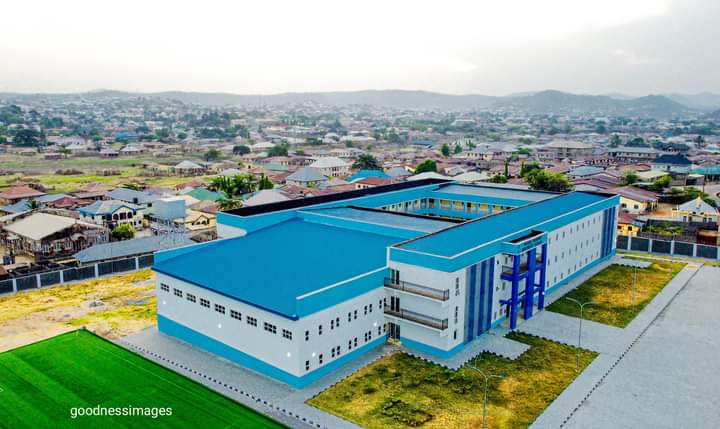
Named after Governor Yahaya Bello (GYB), the GYB Model Science Secondary Schools are designed to provide quality science education to students. These schools are unique in that they come with synthetic football fields, aimed at inspiring students and promoting extracurricular activities alongside academic learning.
Science and technology education is crucial for national development, and by investing in well-equipped science secondary schools, Kogi State is preparing its students for careers in STEM (Science, Technology, Engineering, and Mathematics). The integration of sports facilities also ensures that students develop holistically, balancing academic excellence with physical well-being.
6. School Adoption and Mentorship Programme: Community Participation in Education
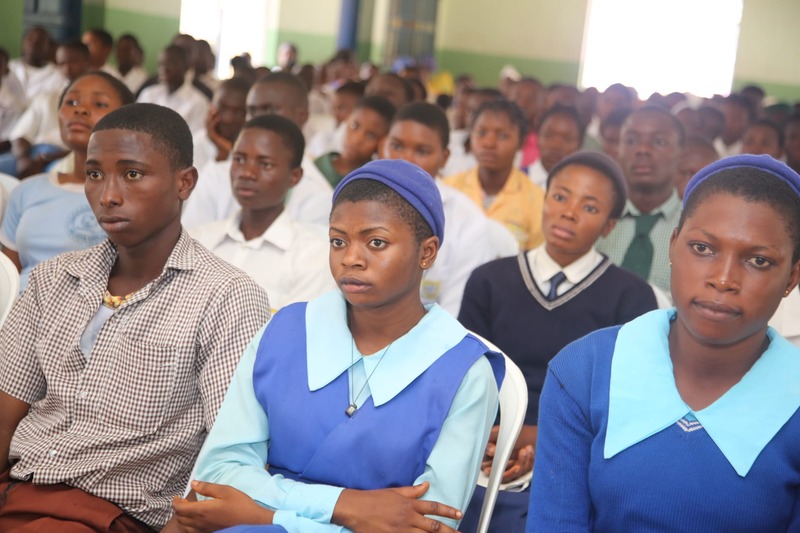 The School Adoption and Mentorship Programme encourages community stakeholders—including business leaders, professionals, and philanthropists—to support students through mentorship and role modeling. The program fosters a culture of guidance, where successful individuals invest in the younger generation by sharing knowledge, experiences, and opportunities.
The School Adoption and Mentorship Programme encourages community stakeholders—including business leaders, professionals, and philanthropists—to support students through mentorship and role modeling. The program fosters a culture of guidance, where successful individuals invest in the younger generation by sharing knowledge, experiences, and opportunities.
In addition to mentorship, the initiative also promotes sports activities, recognizing the role of physical education in student development. By involving the community in education, Kogi State is building a system where students receive academic, moral, and psychological support.
7. DOTS Educational Program: Enhancing Access and Quality
The DOTS Educational Program is another significant initiative aimed at improving the accessibility and quality of education at the basic and secondary levels. This program focuses on building and renovating schools, training teachers, and improving learning materials.
With DOTS, Kogi State is ensuring that students receive quality education in conducive environments. By prioritizing both access and quality, the government is addressing two of the most critical challenges facing education in many parts of Nigeria.
8. Infrastructure Development: Building Quality Schools
In addition to the targeted initiatives, Kogi State is committed to building and upgrading schools to create better learning environments. Quality school buildings with modern facilities help students learn more effectively and provide teachers with the tools they need to deliver impactful lessons.
By investing in school infrastructure, the government is creating a long-term educational framework that will benefit future generations. Well-built classrooms, libraries, and laboratories contribute to an enriched learning experience, encouraging students to excel academically.
Conclusion: A Holistic Approach to Education Development
Kogi State’s educational development strategy is an exemplary model of how governments can enhance learning opportunities through well-thought-out policies and initiatives. From free education and examination fee support to bursaries and gender-focused programs like AGILE, the state is making significant strides in ensuring inclusive and equitable education for all.
Moreover, the focus on science education, mentorship, community involvement, and school infrastructure highlights a holistic approach to education reform. These initiatives not only improve student performance but also prepare them for higher education, employment, and entrepreneurial opportunities.
As Kogi State continues to invest in education, the long-term benefits will be evident in a more literate, skilled, and empowered population. By prioritizing education, the government is laying the foundation for sustainable development, economic growth, and a brighter future for the youth of Kogi State.

